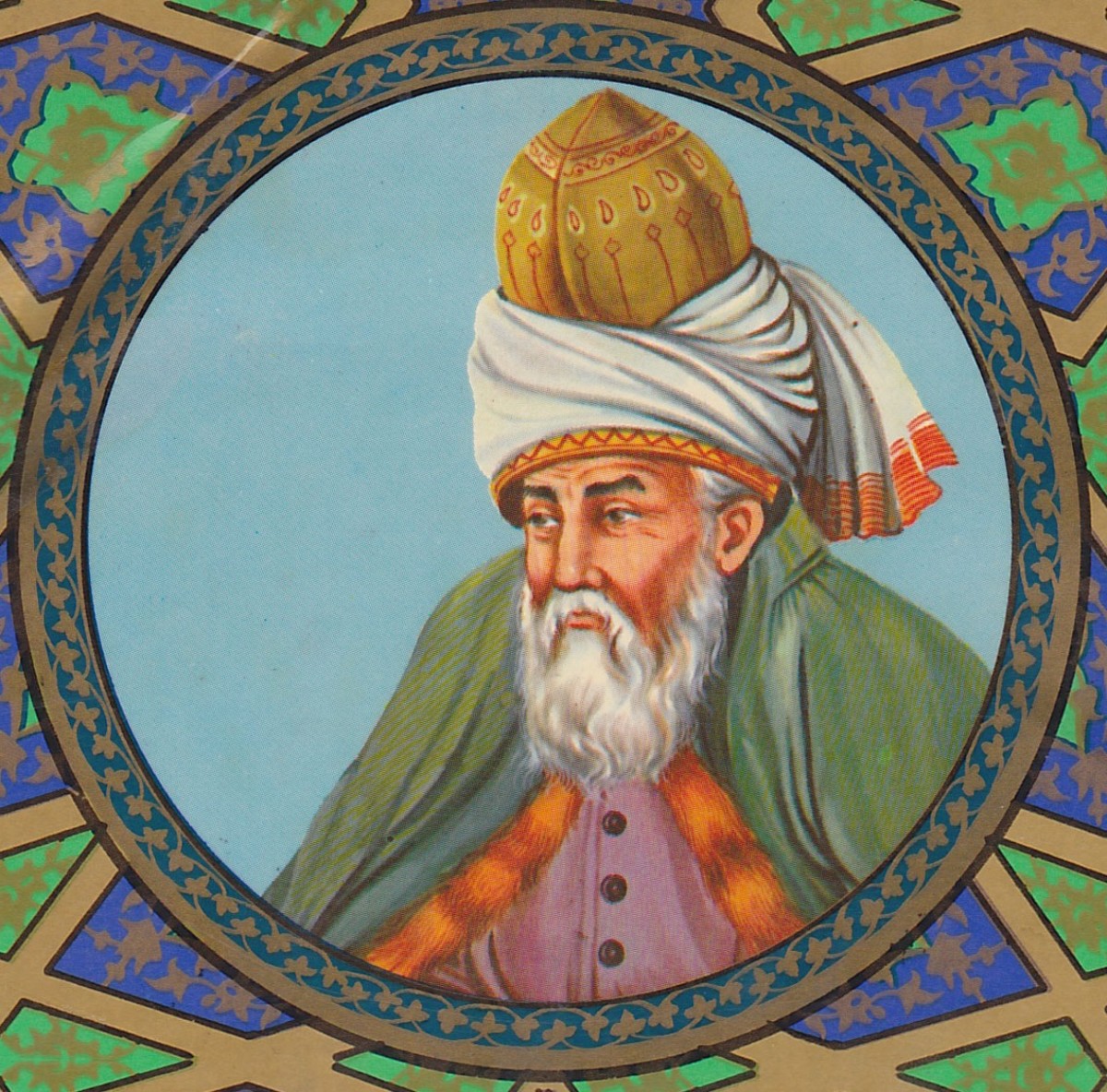Living with Depression and Anxiety
The simple answer is, a lot of it is in your head. This is not to belittle the problem: in fact, some of the greatest fears and anxieties are creatures of our imagination - and many people are destroyed by it. The Second Book of Aurelius’ Meditations have some, albeit slightly shallow and trite (sometimes we need simple things), tenets what might help you through this time.
Depending on circumstances, one often cannot simply assert control over these constructs of the mind. The simple-minded could ignore the rest of the world pressing on one’s perspective, and assert autocratic control over one’s mind; not so for those who are gifted or cursed (as the case may be) with a degree of sensitivity and perception, those whose world view accords more with what Isaiah Berlin categorised as the fox’s perspective (The Hedgehog and the Fox). For the fox sees and pursues many ends; their thought is centrifugal rather than centripetal; and their principles and purposes may be unrelated and even admit of contradictions.
What has helped me through coming to terms with life may be summarised simply, although its application requires more effort: understanding, exertion, expression.
I seek to understand my subjective perceptions, and to develop it in line with my learning. Understanding in this context, to me, means having an accord between one’s subjective perceptions - perceptions of one depression and anxiety - and its development. This is a complex point: one should be able to accept - to be okay with - the development of one’s perceptions, whether of the body or mind. When there is accord between the now of the mind’s eye, and the future of the mind’s eye, then there is understanding of Self.
Aurelius, Meditations, Second Book, X., has the following helpful advice: “It is the part of a man endowed with a good understanding faculty, to consider what they themselves are in very deed, from whose bare conceits and voices, honour and credit do proceed: as also what it is to die, and how if a man shall consider this by itself alone, to die, and separate from it in his mind all those things which with it usually represent themselves unto us, he can conceive of it no otherwise, than as of a work of nature, and he that fears any work of nature, is a very child. Now death, it is not only a work of nature, but also conducing to nature.”
Exert yourself in an action, something you can do. Nothing else in the world is so important, for the moment, as this thing you do. Understanding of Self is disciplined by the rigour of exertion, and here a man has the choice to efface the Self like the Buddhists and Sufis, if he so chooses. This is how one should take the common modern advice of "going to the gym". It is not so much the place, but the exertion, which is important.
Aurelius, Meditations, Second Book, III.: “Let it be thy earnest and incessant care as a Roman and a man to perform whatsoever it is that thou art about, with true and unfeigned gravity, natural affection, freedom and justice: and as for all other cares, and imaginations, how thou mayest ease thy mind of them. Which thou shalt do; if thou shalt go about every action as thy last action, free from all vanity, all passionate and wilful aberration from reason, and from all hypocrisy, and self-love, and dislike of those things, which by the fates or appointment of God have happened unto thee. Thou seest that those things, which for a man to hold on in a prosperous course, and to live a divine life, are requisite and necessary, are not many, for the gods will require no more of any man, that shall but keep and observe these things.”
Most importantly, one expresses. This is not a separate thing, not a thing which someone does by some conscious will or effort, but is interlaced with life itself. Our life is an expression, and we can recognise it, understand it, exert it; or not. The latter are filled with anxiety, the former, with grace and peace. The closest example would be to have a conception of Atman, as explained delightfully by Siddartha in Hermann Hesse’s Siddhartha. Atman is the eternal, the unchanging within, and even if you believe, as I do, in the subjectivism of the concept eternity, one can make use of the spiritual understanding to achieve peaceful expression in all you do.
The practice of expression is a practice in setting the scope of attention. If you identify with the Self, this means one should not care about the expression of what is not Self - thus saving yourself from the anxiety and trouble of what you cannot control.
A final comment on the topic of suicide because it is so important. Albert Camus considers it the most important philosophical question, in fact, in his famous essay The Myth of Sisyphus. Briefly put, we have been, by virtue of modernity, been socialised into thinking in a particular, dualistic fashion. We live out the Absurd, because our conceptions can never completely replicate the thing we call Reality. Life behooves us to become comfortable with Absurdity, to persevere through this suspended animation, if we are to have any prospects of meaning at all.
Edit: See my Quora answer here.
Frederick Yann Yorck




Comments
Post a Comment